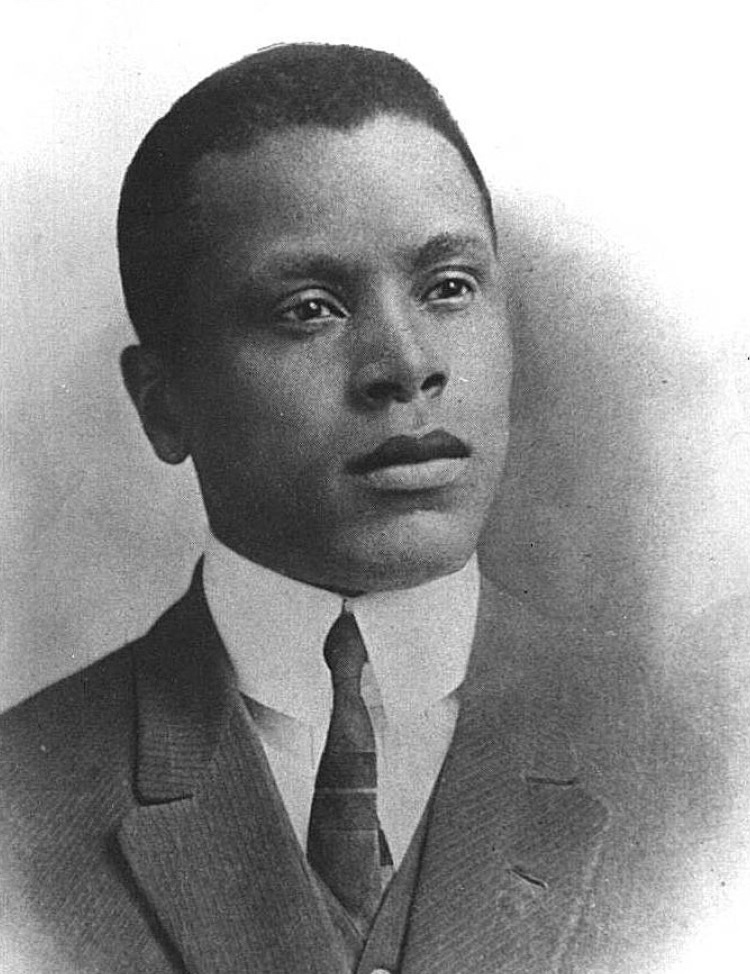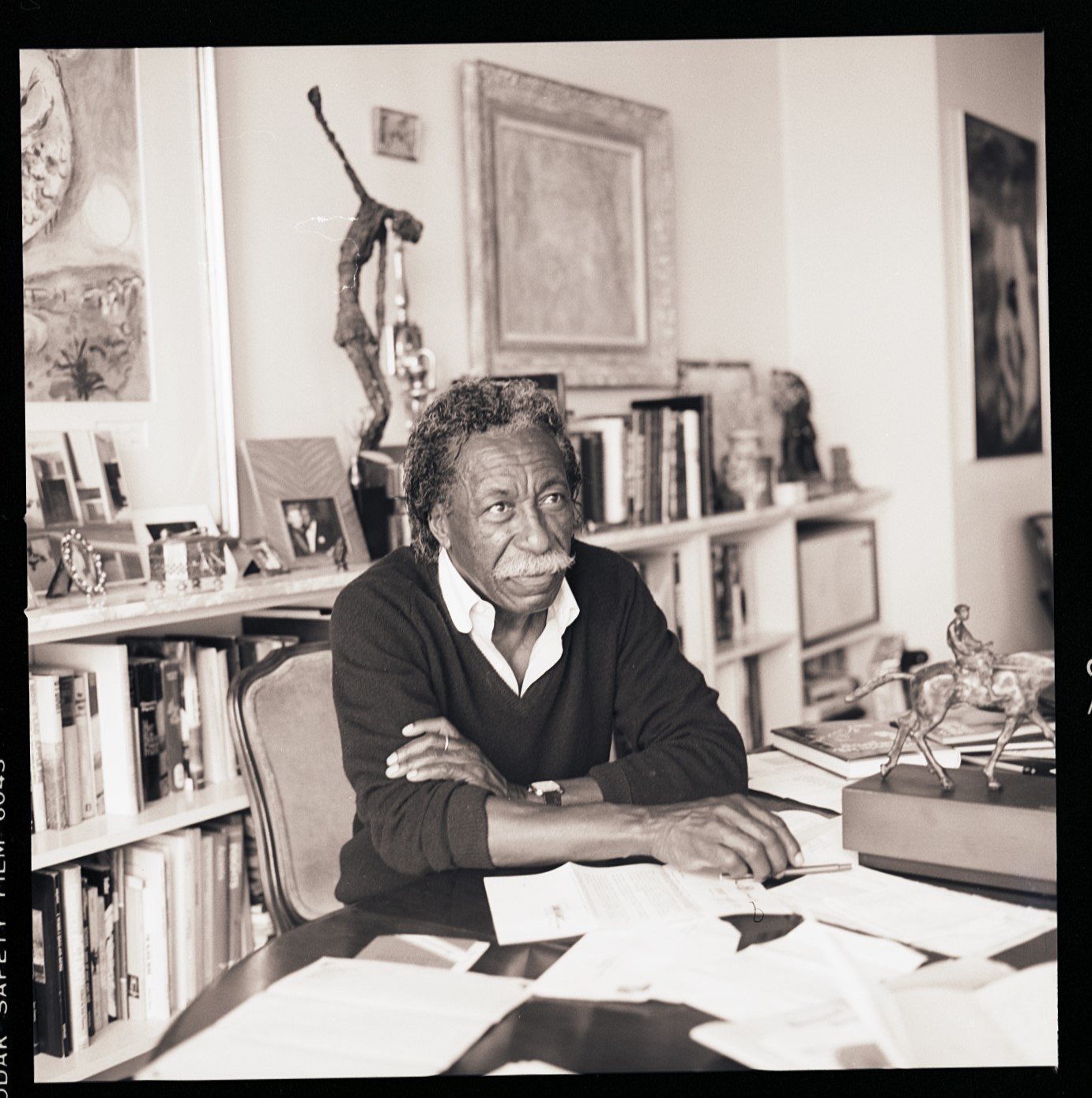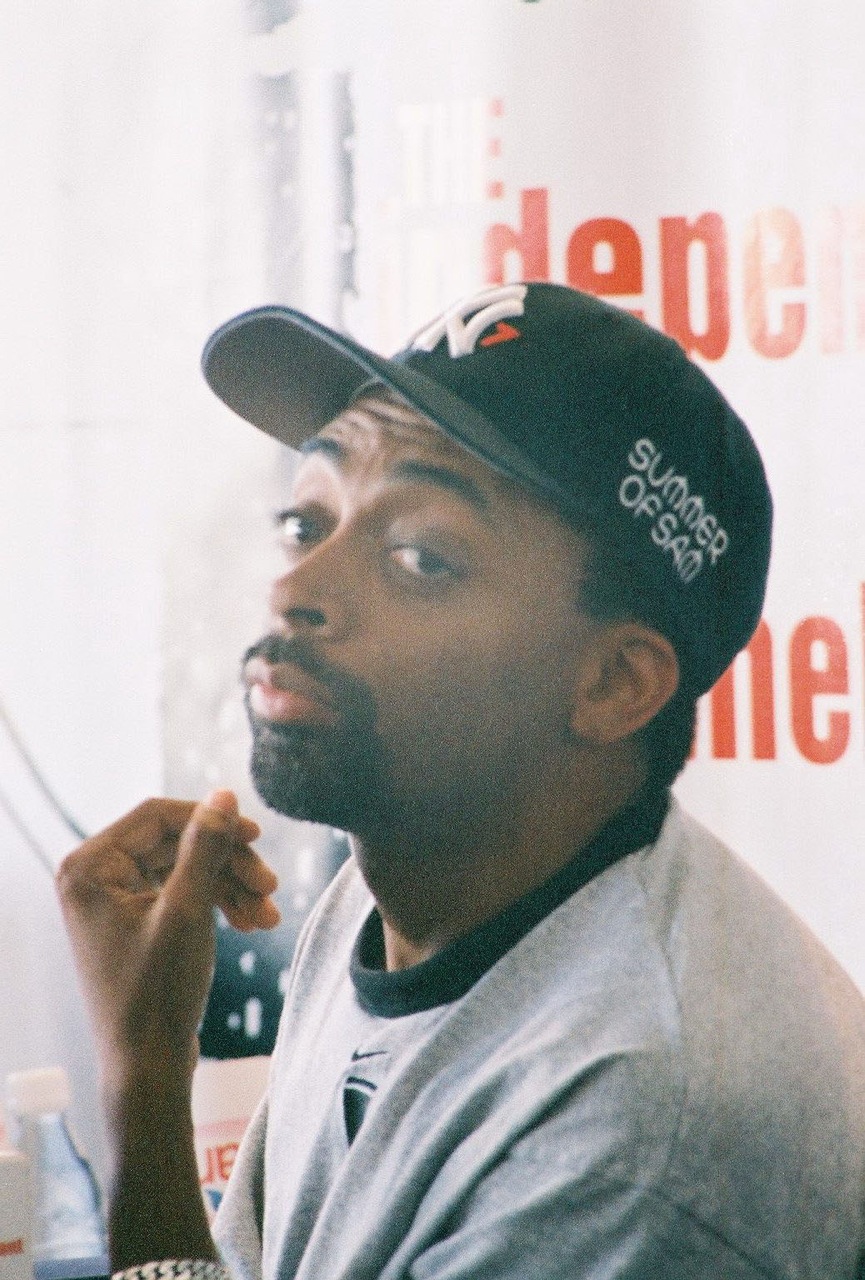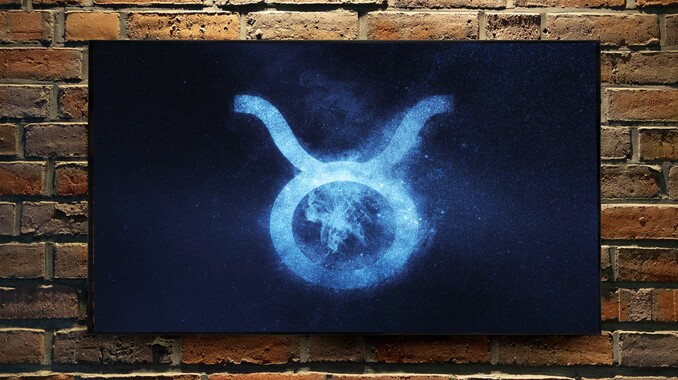Today’s rich and ever-growing landscape of African American cinema wouldn’t have been possible without the work of three passionate, talented and dedicated filmmakers of the 20th century. This Black History Month, get to know who they are and celebrate their remarkable stories and revolutionary achievements.
Oscar Micheaux
Micheaux was born on an Illinois farm in 1884 and worked as a train porter, homesteader and novelist before becoming the first African American to direct and produce his own feature films. His groundbreaking work dealt with race relations and the harsh realities faced by Black communities across the United States at the turn of the 20th century. With more than 44 films to his name, the legendary pioneer was sure to leave his mark on cinematic history for all of time.
‘Within Our Gates’ (1920)
Widely thought to have been created in direct response to 1915’s white supremacist propaganda film Birth of a Nation, Micheaux maintained that Within Our Gates was more of a reflection of racial politics and the general social instability that followed World War I. The silent film revolves around a mixed-race teacher who heads north to try and raise money for her small, struggling school, revealing her life’s past and present hardships along the way.
Director’s cut: “Moving pictures have become one of the greatest revitalizing forces in race adjustment,” Micheaux is quoted as saying. “It is only by presenting those portions of the race portrayed in my pictures, in the light and background of their true state, that we can raise our people to greater heights.”
Critic’s pick: “Micheaux was just really out there in terms of showing the ugliest aspects of racism in America,” says University of Chicago cinema studies professor Jacqueline Stewart. “He had very clear ideas about the way forward and how education uplifts the right living. These are the things that he felt were keys to black success. He’s a filmmaker whose films still spark really powerful debates today.”
Watch more by Oscar Micheaux on DIRECTV: God’s Step Children
Gordon Parks
Born in Kansas in 1912, besides becoming the first African American to produce and direct major Hollywood movies, Parks was an accomplished photographer, composer, author and poet. As a photojournalist, his work helped change the way America viewed Black communities throughout the ’40s, ’50s, ’60s and ’70s. But when it comes to movies, he’s most remembered as the man who brought us 1971’s classic crime action classic, Shaft.
“While the Black Power movement was reshaping America, [the] trailblazing director…helped launch the blaxploitation era and introduced a new kind of badder-than-bad action hero in John Shaft,” according to the Criterion Collection. But that’s not the only film he’s known for.
‘The Learning Tree’ (1969)
Based on Parks’ semi-autobiographical coming-of-age novel of the same name, The Learning Tree was the first major studio-backed film to be directed by an African American — and among the first 25 films ever to be inducted into the United States National Film Registry in 1989. Parks not only directed the film, but also served as screenwriter, producer and music composer to stay as close to his original material as possible.
Director’s cut: “I like ‘The Learning Tree’ better than both ‘Shafts’ put together,” Parks told Roger Ebert in 1972. “It’s a movie about people, complicated people, and of course it has a lot of me in it… I don’t want to be typed as a black action director. I want to try my hand at all kinds of films.”
“People come up and ask me if we really need this image of Shaft the Black superman. Hell, yes, there’s a place for John Shaft. I was overwhelmed by our world premiere on Broadway. Suddenly, I was the perpetrator of a hero… Kids were coming downtown to see their hero, Shaft, and here was a Black man on the screen they didn’t have to be ashamed of. Here they had a chance to spend their $3 on something they wanted to see. We need movies about the history of our people, yes, but we need heroic fantasies about our people, too. We all need a little James Bond now and then.” — Gordon Parks
Critic’s pick: In 1972, Ebert called The Learning Tree “the only non-exploitation film directed by [an African American to date]. All the others (including Parks’ ‘Shaft’ and ‘Shaft’s Big Score,’) have depended on sex, violence and action to sell. ‘The Learning Tree’ was a deep and humanistic portrait of growing up black in America.”
Watch more by Gordon Parks on DIRECTV: Shaft
Spike Lee
Born in Atlanta and bred in Brooklyn, New York, Lee got his start in filmmaking as a graduate student at NYU’s Tisch School of the Arts. With his first feature, She’s Gotta Have It, The New York Times declared that he’d ushered in “the American independent film movement of the 1980s…[with] a groundbreaking film for African American filmmakers and a welcome change in the representation of Black people in American cinema.”
‘Do the Right Thing’ (1989)
Snubbed by the Academy Awards, Lee still made history when he became the first Black film director to be nominated for a Golden Globe for his masterpiece Do the Right Thing. Nearly 35 years on, the movie remains essential viewing and feels as urgent and relevant as ever. Set on one block in Bed-Stuy, Brooklyn on the hottest day of the year, the story explores racism, violence and senseless tragedy through the lens of the neighborhood’s African American and Italian American communities.
Director’s cut: “I loved to go to theaters across the country and watch the film. Sit in the back … and then stand out in the lobby and listen to the debates and arguments and exchanges,” Lee recently told the American Film Institute. “That was really what we wanted to try to do with that film: to really spark discussion, exchange of ideals, debate about race.”
Critic’s pick: “Just 32 years old at the time and with two feature films on his resume, Lee announced himself as a filmmaker unafraid to hit a raw nerve,” says IndieWire. “With a library of many similarly confrontational films that would follow, he has cemented his legacy as one of the boldest and most provocative filmmakers of our time. And it’s quite possible that even if he never made another film after ‘Do the Right Thing,’ its enduring relevance and power would’ve secured him a spot in cinema history.”
Watch more by Spike Lee on DIRECTV: Malcolm X, 4 Little Girls, BlacKkKlansman and more.
![]()
The content is featured on https://www.directv.com/insider/ is editorial content brought to you by DIRECTV. While some of the programming discussed may now or in the future be available affiliates distribution services, the companies and persons discussed and depicted, and the authors and publishers of licensed content, are not necessarily associated with and do not necessarily endorse DIRECTV. When you click on ads on this site you may be taken to DIRECTV marketing pages that display advertising content. Content sponsored or co-created by programmers is identified as "Sponsored Content" or "Promoted Content."









